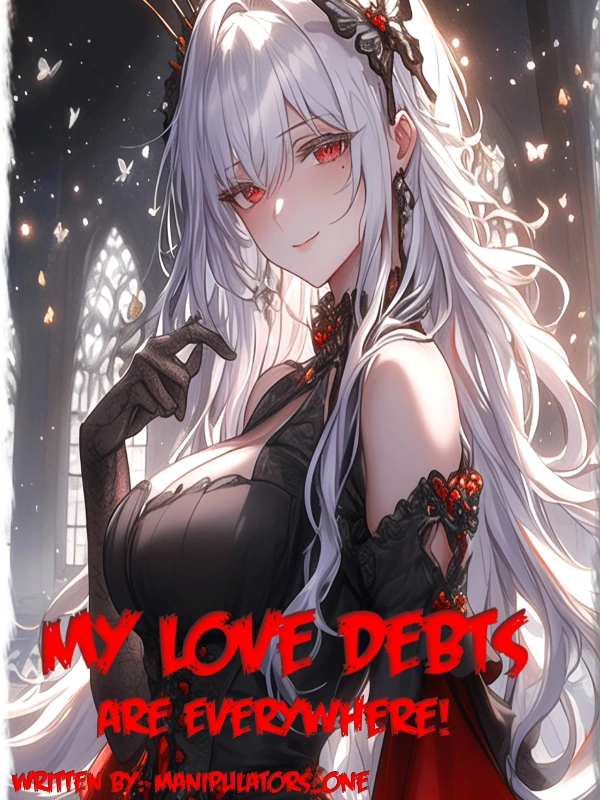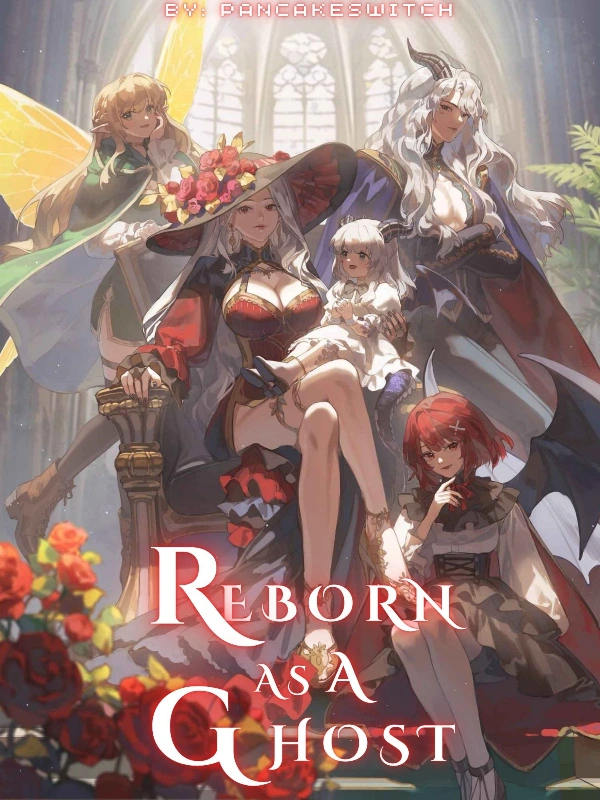Chapter 27: Interwar Period – The Sudetenland Crisis (4)
Translated by Vine | Proofread by Lust
For the latest updates, visit: ProNovels.com
Join our Discord for release updates: https://discord.gg/Eh2ayfR4FB
May 21, 1938
Berlin, Germany
A week had passed since he attended the von Kleist Group meeting. The Nazi German government and the Czechoslovak government continued their mutual recriminations, with Goebbels and the Nazi Party actively exploiting the situation to sow discord between the two nations.
The shadow of war loomed large over Europe.
Czechoslovak President Edvard Beneš had declared a partial mobilization and deployed reservists to the border regions. They were probably working tirelessly to construct fortifications against a German invasion. Even in Berlin, he could sense the growing anxiety among the citizens, worried about the possibility of war.
The Nazi regime was undoubtedly popular in Germany, but that didn’t mean the German people wanted war. They had cheered for Hitler, who had strengthened Germany and expanded its territory without bloodshed.
They were angry about the humiliation Germany had suffered after its defeat in World War I, but they also remembered the horrors of that war.
Few wanted to be conscripted and become cogs in a total war machine.
The enthusiastic German response to the Anschluss and the Munich Agreement wasn’t solely due to territorial expansion, but because Germany had asserted its influence without resorting to war.
Otherwise, the Molotov-Ribbentrop Pact, a blatant betrayal of the Nazis’ anti-communist rhetoric, wouldn’t have been met with such popular acclaim.
With Britain and France guaranteeing Poland’s independence, and Hitler demanding Danzig, Germany was gripped by the fear of inevitable war. The Molotov-Ribbentrop Pact had offered a sense of relief, as it made it difficult for Britain and France to intervene, averting, at worst, a two-front war.
Even then, when Britain and France declared war, the German leadership, including Hitler, had panicked. Even the generals had feared mass insubordination during the invasion of France.
Germany’s ability to wage total war hadn’t materialized until after the swift six-week victory over France, when Germans were intoxicated by Hitler’s apparent military genius. More realistically, it was after the defeat at Stalingrad, when Goebbels, acknowledging Germany’s precarious situation for the first time, had launched a propaganda campaign claiming that defeat would mean the destruction of the German people by the Slavs, thus galvanizing the nation for total war.
The German people’s contradictory desire for a strong Germany, but not at the cost of their own lives, was his only hope.
—
“So…? How was the meeting?”
He chuckled wryly at Claudia’s question. He hadn’t expected much, but the reality had been even more disappointing than his low expectations.
The members of the resistance group, later known as the Black Orchestra, were prominent figures in Germany, but the actual leaders of the plot were relatively low-ranking officers like Hans Oster and Claus von Stauffenberg.
Perhaps those with the most to lose were also the most cautious…
“It was even worse than I expected.” He was beginning to understand why Oster and Stauffenberg had taken the lead. The higher-ups were too slow to act, and they had become desperate.
“I’ve heard that Lieutenant Colonel Oster is different.”
“He couldn’t attend due to other commitments.”
“Hmm… that’s too bad.” Claudia took a sip of coffee and continued scribbling notes.
“I did have a productive conversation with Director Kordt, thanks to you. I appreciate your help.”
“I met him through Minister Ribbentrop. He seemed like a decent person.”
Erich Kordt, his most significant contact from the meeting, had promised to ensure that Kleist-Schmenzin didn’t say anything foolish during his mission to Britain. Surely, even a stubborn old knight wouldn’t contradict the Foreign Office.
“So, what’s your next move?”
“…I need to meet Lieutenant Colonel Oster.” Tresckow had reluctantly agreed to arrange a meeting with Oster.
He felt slightly guilty, but he was running out of time. He had to utilize the few people in the resistance he could communicate with.
“I mean, how can I help you?”
He looked at Claudia. A journalist for a liberal newspaper, walking a tightrope in Nazi Germany. An outsider, yet aware of the resistance, primarily composed of aristocrats and military officers. She had provided valuable information and connections, surprising him with her extensive network.
“Honestly, the press can’t do much right now. Just continuing your work is a great help.” Exposing the Nazis would put her and the newspaper at risk.
The notion that simply eliminating Hitler would change the regime was naive, but attempting a public exposé while the Gestapo was still active was even more reckless.
Claudia’s continued work maintained his connection with figures like Theodor Heuss and provided access to information from Nazi officials like Ribbentrop.
“We both know that, don’t we?” Claudia chuckled, “I’m honestly curious. What motivates you to be so actively involved?”
He wouldn’t tell her this is dangerous, but he was curious about her motivations.
“I thought my stance was clear.”
“Not everyone risks their life just because they dislike dictatorships…”
Claudia simply smiled enigmatically. He decided not to press the issue. He would be in the same predicament if she asked him the same question.
What would he say? I’m from the future, and if I don’t stop this, Germany and the world will be destroyed, and millions will die?
He sighed, “…If you’re willing to help, I have a request.”
“I’ll hear you out. Hee hee…” She was a difficult person to read. She had said the same about him. What kind of relationship was this?
“Have you heard of the Confessing Church?”
“No. I’m not interested in religion.” For the first time, she expressed clear aversion.
This was problematic.
“Are you… an atheist?”
“No, but it angers me to hear people claiming that Adolf Hitler is a savior sent by God.” A flash of anger crossed her face, then vanished. She apologized, sensing his surprise, “I’m sorry, Captain. That was just my personal opinion.”
“It’s alright. I’m not particularly religious either.”
He was still surprised by her reaction. He understood his own lack of religious fervor, coming from a communist background and the secular 21st century, but religion still held considerable sway in this era, especially within the military.
His mentor, Model, was a devout Lutheran. He attended church every Sunday in Spain, unless on duty.
Why did she harbor such animosity towards religion? Was there a reason?
“The Confessing Church isn’t a group that praises Hitler. It’s an underground organization of Protestants who oppose the Nazis.”
Despite Hitler being a baptized Catholic, the Nazis were attempting to reshape Christianity to fit their ideology, essentially creating a religion for Aryans that glorified Hitler.
Many German churches, both Catholic and Protestant, had succumbed to Nazi influence, but there was resistance. Resistance based on religious faith was less susceptible to propaganda and persecution.
The continued persecution of anti-Nazi pastors like Martin Niemöller and Dietrich Bonhoeffer indicated that their activities were a threat to the regime.
“Hmm…”
“They’re a civilian resistance group, so I believe they could cooperate with the liberal factions. I was hoping you could connect with them, but if you’re uncomfortable with religion…”
To his surprise, Claudia readily agreed, “No, let’s do it. I’m still curious how you know about such a church, having been in Spain…” She smiled, “Everyone has secrets. Don’t they?”
“…Haha, I suppose so…” He appreciated her discretion, but she was clearly indicating she wouldn’t reveal her own secrets.
Just as he was thinking that, she spoke, “…What if…”
“Yes?”
“If you ever tell me your secrets, I’ll tell you mine.” She smiled.
“….”
After a moment of silence, he stood up, “It’s getting late. I should get going. Thank you for your time, Fräulein Jung.”
“Not at all. You’ve been keeping things interesting lately. Thrill is the spice of life.” Her words were subtly unsettling.
“Goodnight.”
“Goodbye, Captain.”
—
He walked back to his quarters, the familiar streets of Berlin bathed in the reddish glow of the setting sun. The swastika flags hanging everywhere seemed to flutter like bloodstains in the twilight.
What kind of person was Hans Oster?
Historical records described him as a man who had continued to plot against Hitler, even after Hitler’s unbelievable successes, like the Munich Agreement, the invasion of Poland, and the victory over France. But even Oster had worried about the potential consequences of his actions, the loss of German lives.
He, however, knew more than Oster. He knew that overthrowing Nazi Germany without bloodshed was impossible.
He wasn’t a pacifist. He mourned the deaths of his men in Spain, and the plight of his occupied homeland, Korea.
But he hadn’t fled to avoid bloodshed. He had joined the military, seeking advancement for his own goals. He had introduced anti-aircraft guns that had decimated the Republican forces he had once fought alongside, and he had personally killed enemy soldiers.
There was no happy ending in this era, no matter how much he wished to avoid war.
His plan to overthrow the Nazis and prevent Germany from starting World War II, as unrealistic as it seemed, was both complex and simple.
The original Black Orchestra had failed because they had insisted on eliminating Hitler and Himmler simultaneously, missing crucial opportunities. But simply eliminating a dictator wouldn’t dismantle a dictatorship. If Hitler had died, Göring would have taken his place. If Göring had been removed, Himmler would have risen to power. Even if Himmler had fallen, Heydrich would have been waiting in the wings.
Changing public opinion under the Nazi regime was impossible, with the Gestapo and Goebbels controlling the narrative.
Even if they miraculously overthrew the Nazis, the massive military buildup would make war inevitable.
And even if war could be avoided, could Germany, steeped in militarism and nationalism, become a normal country without experiencing the catastrophic disaster of World War II?
At best, Germany would become like 21st-century Japan, excessively right-wing. At worst, the new regime would simply rearm for a few more years and start another war.
Even Anne Frank, a young Jewish girl hidden away from the world, had foreseen this future.
There was only one way to temporarily free Germany from the Nazis’ iron grip, expose their crimes, and prevent the country from plunging into war:
Germany needed a civil war.
To make Germany bleed to prevent it from becoming a global pariah… What would Claudia, and his other allies, think if they knew his plan?
For the latest updates, visit ProNovels.com. Join our Discord for release updates: https://discord.gg/Eh2ayfR4FB.




















